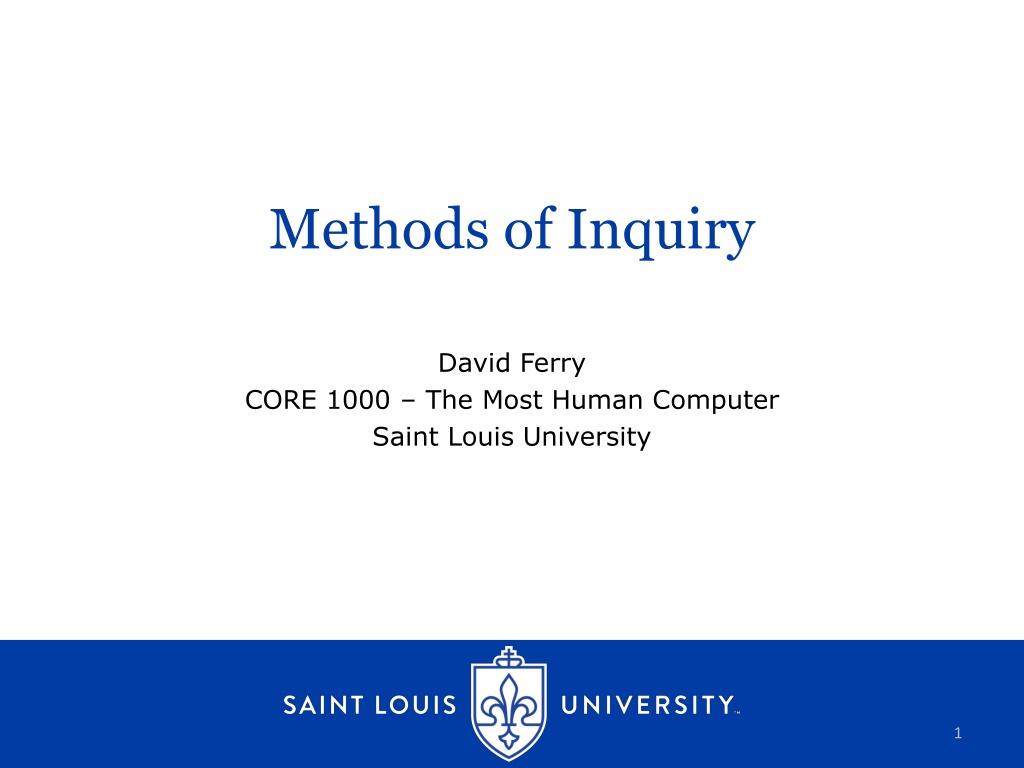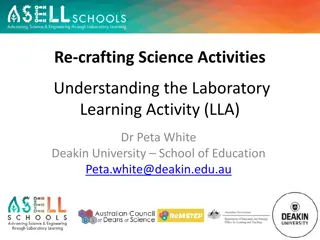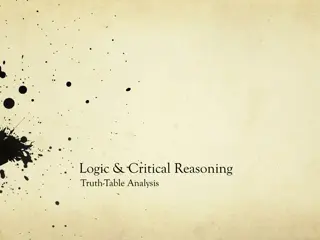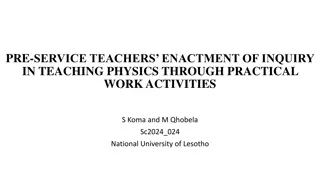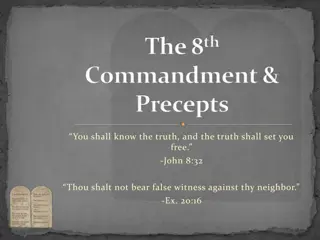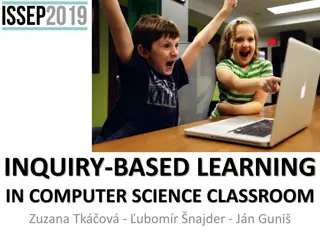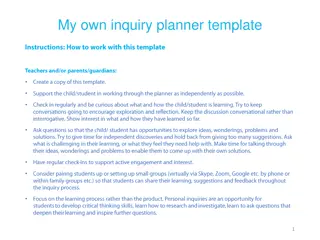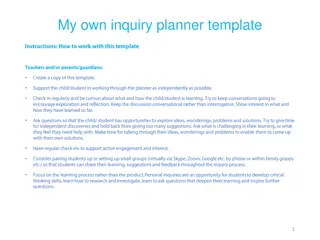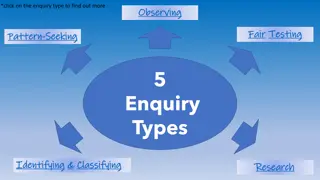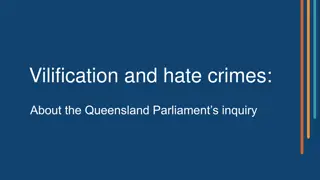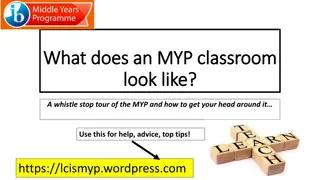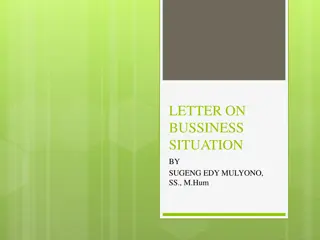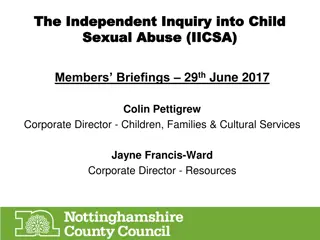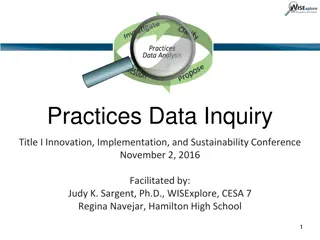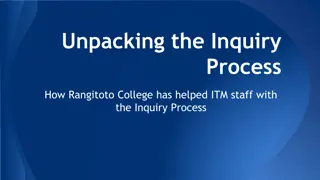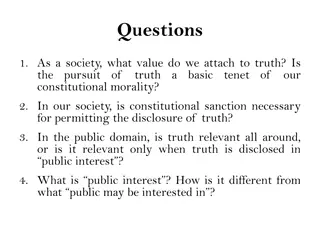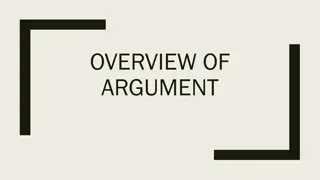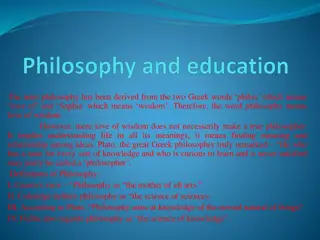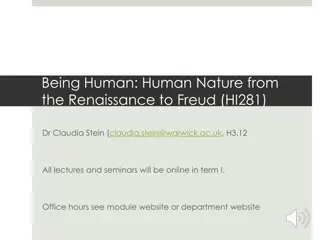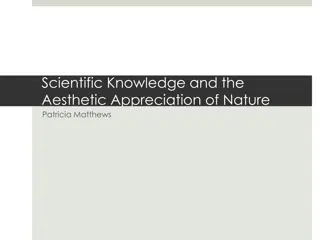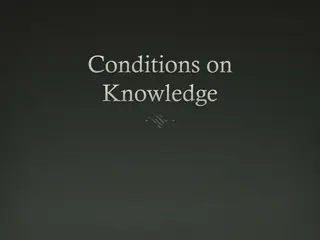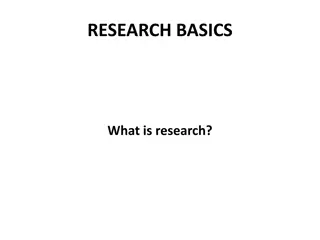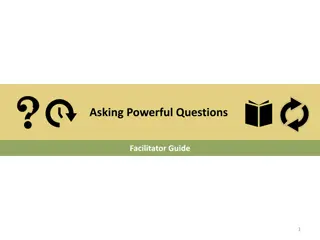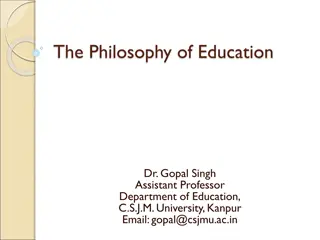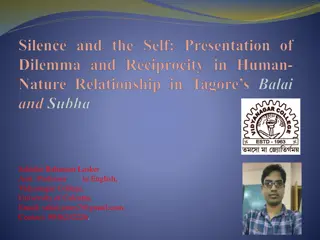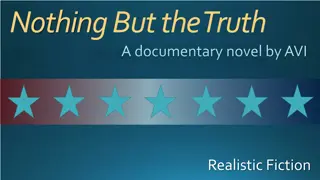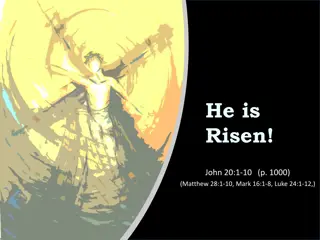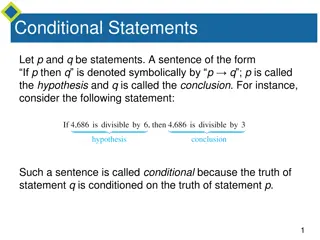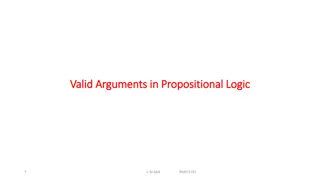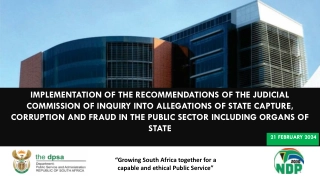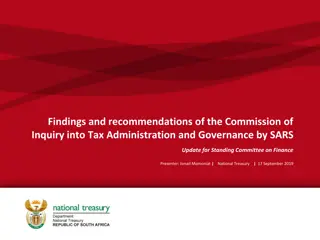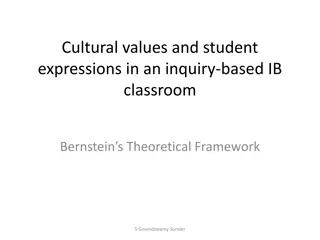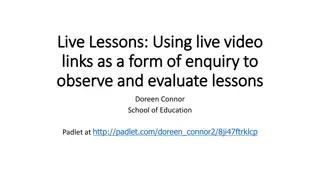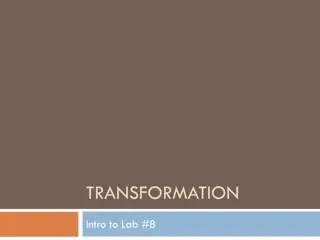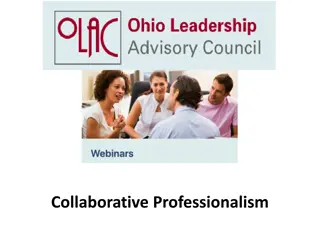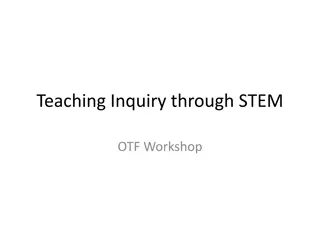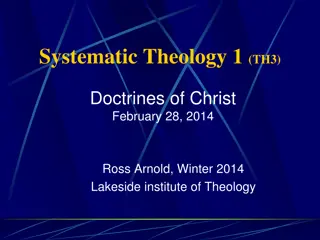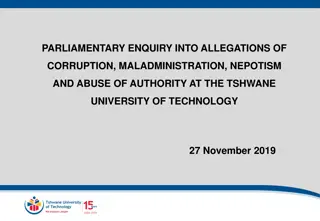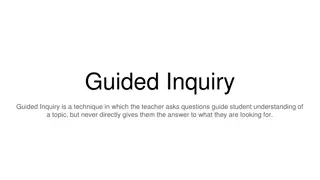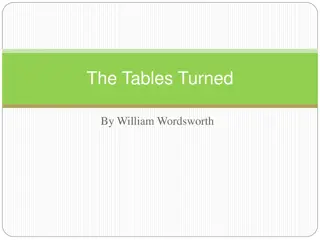Exploring Methods of Inquiry and the Nature of Truth in Human Experience
Delve into the concepts of inquiry methods and the nature of truth as explored in the course CORE 1000 - The Most Human Computer at Saint Louis University. Reflect on the myth of Narcissus and the significance of factual accuracy versus personal impact. Engage in activities exploring historical figures like Abraham Lincoln to understand their importance and relevance.
Download Presentation

Please find below an Image/Link to download the presentation.
The content on the website is provided AS IS for your information and personal use only. It may not be sold, licensed, or shared on other websites without obtaining consent from the author. Download presentation by click this link. If you encounter any issues during the download, it is possible that the publisher has removed the file from their server.
E N D
Presentation Transcript
Methods of Inquiry David Ferry CORE 1000 The Most Human Computer Saint Louis University 1
The Nature of Truth Define narcissism CORE 1000 - The Most Human Computer 2
The Nature of Truth Define narcissism CORE 1000 - The Most Human Computer 3
The Nature of Truth Define narcissism The Myth of Narcissus: A man is walking through the forest, and sees his own reflection in a pool of water. He falls so deeply in love with it he cannot leave it. He eventually realizes it is himself and is not real. He becomes utterly despondent because he will never love anything as much as this, so he loses the will to live and kills himself. CORE 1000 - The Most Human Computer 4
The Nature of Truth Define narcissism The Myth of Narcissus: A man is walking through the forest, and sees his own reflection in a pool of water. He falls so deeply in love with it he cannot leave it. He eventually realizes it is himself and is not real. He becomes utterly despondent because he will never love anything as much as this, so he loses the will to live and kills himself. Which is correct? Is one factual? Which matters more? CORE 1000 - The Most Human Computer 5
Activity With a partner Select a figure you d find on Wikipedia Historical or modern Leader, artist, philosopher, scientist, etc. Tell your partner why you picked them Copy the first paragraph as a factual summary Write a short story (1-3 sentences) telling us why they matter CORE 1000 - The Most Human Computer 6
Example: Abraham Lincoln was an American lawyer, politician, and statesman who served as the 16th president of the United States from 1861 until his assassination in 1865. He led the United States through the American Civil War, defending the nation as a constitutional union, defeating the insurgent Confederacy, playing a major role in the abolition of slavery, expanding the power of the federal government, and modernizing the U.S. economy. Abraham Lincoln freed the slaves. Abraham Lincoln unified the country. Abraham Lincoln came out of poverty, educated himself, and carefully led the nation through the most divisive period in our history. CORE 1000 - The Most Human Computer 7
Major Course Questions A few major course themes: What does it mean to be human? What makes a meaningful human experience? What is good for people? And more What kind of answers matter the most to you? How would you express those answers effectively? CORE 1000 - The Most Human Computer 8
Activity With a partner, take turns answering some of the following questions: What does it mean to be human? What makes a meaningful human experience? What is good for people? First give a dictionary answer, then come up with a short story or parable to illustrate the same answer. CORE 1000 - The Most Human Computer 9
Ignatian Pedagogical Paradigm A model for self-reflection, understanding oneself, and understanding the world CORE 1000 - The Most Human Computer 10
What are models for understanding? Examples: Ben Franklin s list of pros and cons Analogies Francis Bacon s scientific method Others: Alan Turing s imitation game (Turing test) Statistical quality control FAA crash investigation procedures CORE 1000 - The Most Human Computer 11
Critical Thinking! Not just thinking real hard. Prof. Ferry s hot take of the day: Anyone can tell you what they think to be true. The hallmark of an educated person is they have solid foundations for why they think something to be true. CORE 1000 - The Most Human Computer 12
Basis of Ignatian Paradigm Iteration toward your end goal There is no fixed methodology for teaching Set a goal, and iterate towards that goal Teachers accompany learners Why do we need a method? Full growth of the person, leading to action in the world Urges toward self-discipline, integrity, and accuracy Prevent slip-shod, superficial thinking unworthy and dangerous to the individual and the world Forming men and women for others CORE 1000 - The Most Human Computer 13
Ignatius Spiritual Exercises A story-based explanation of some tenuous link between you sitting here today and the founder of the Jesuit order. The Spiritual Exercises are not meant to be merely cognitive activities or devotional practices. They are, instead, rigorous exercises of the spirit wholly engaging the body, mind, heart and soul of the human person. Thus they offer not only matters to be pondered, but also realities to be contemplated, scenes to be imagined, feelings to be evaluated, possibilities to be explored, options to be considered, alternatives to be weighed, judgments to be reached and choices of action to be made -- all with the expressed aim of helping individuals to seek and find the will of God at work in the radical ordering of their lives. Ignatian Pedagogy: A Practical Approach, Society of Jesus CORE 1000 - The Most Human Computer 14
Ignatius Spiritual Exercises A fundamental dynamic of the Spiritual Exercises of Ignatius is the continual call to reflect upon the entirety of one's experience in prayer in order to discern where the Spirit of God is leading. Ignatius urges reflection on human experience as an essential means of validating its authenticity, because without prudent reflection delusion readily becomes possible and without careful reflection the significance of one's experience may be neglected or trivialized. Only after adequate reflection on experience and implications of what one studies can one proceed freely and confidently toward choosing appropriate courses of action that foster the integral growth of oneself as a human being. Hence, reflection becomes a pivotal point for Ignatius in the movement from experience to action Ignatian Pedagogy: A Practical Approach, Society of Jesus CORE 1000 - The Most Human Computer 15
Dynamics of the Paradigm Five steps, but not necessarily a strict cycle Context Experience Reflection Action Action Evaluation Evaluation New Context CORE 1000 - The Most Human Computer 16
Context The real context of your life Our greater socio-economic, political, and cultural context The specific context of SLU The student s existing body of ideas CORE 1000 - The Most Human Computer 17
Activity - Context On a sheet of paper, write down at least five elements of your personal context: Recall: Social, political, economic, cultural context in America today The context of SLU today Your personal history, how you got here CORE 1000 - The Most Human Computer 18
Experience For Ignatius meant to taste something internally Your intellectual response to the subject Sensations of an affective nature I like A, B threatens me, C is boring Experience is any relevant personal data: What do I know about it, and how do I react to it? CORE 1000 - The Most Human Computer 19
Activity - Experience Subject of meditation for the day: Going to college Write down five things in your experience about going to college: Things you believe to be true intellectually Sensations you feel / have felt CORE 1000 - The Most Human Computer 20
Reflection Clarifies internal motivations and reasons behind your judgements (recall: I like this, or bored ) Probe the causes and implications of experiences Weigh possible options and likely consequences Achieve personal insights into ideas and truth Come to an understanding of who I am ( Why do I feel that way? ) CORE 1000 - The Most Human Computer 21
Activity - Reflection You should have at least five pieces of context, and five experiences. Put a star next to the three items that speak to you most strongly on the topic Going to college What do these three items say most strongly about Going to college? Write that. CORE 1000 - The Most Human Computer 22
Action An extension of reflection Reflection begins with the reality of experience and should end with the same reality Reflection internalizes meanings, attitudes, or values Action is to do something consistent with the new convictions CORE 1000 - The Most Human Computer 23
Activity - Action You should have written a statement strongly believe about Going to college. What meaning does that statement have for your life? What is your emotional reaction to that statement? What can you do, today, to better align your actions with your conviction in that statement? CORE 1000 - The Most Human Computer 24
Evaluation You have already finished the cycle of self- meditation/contemplation Evaluation brings your conclusions to the attention of your teacher and larger community We re all stronger together than we are separate Checks your motivations against your community- forming men and women for others Checks integrity and accuracy Gives feedback to students own internal processes CORE 1000 - The Most Human Computer 25
Activity I m not your teacher in the Ignatian sense. Talk to someone about your reasoning, conclusion, and plan of action. What do they have to say about it? Roommate Friend Parent College advisor CORE 1000 - The Most Human Computer 26
